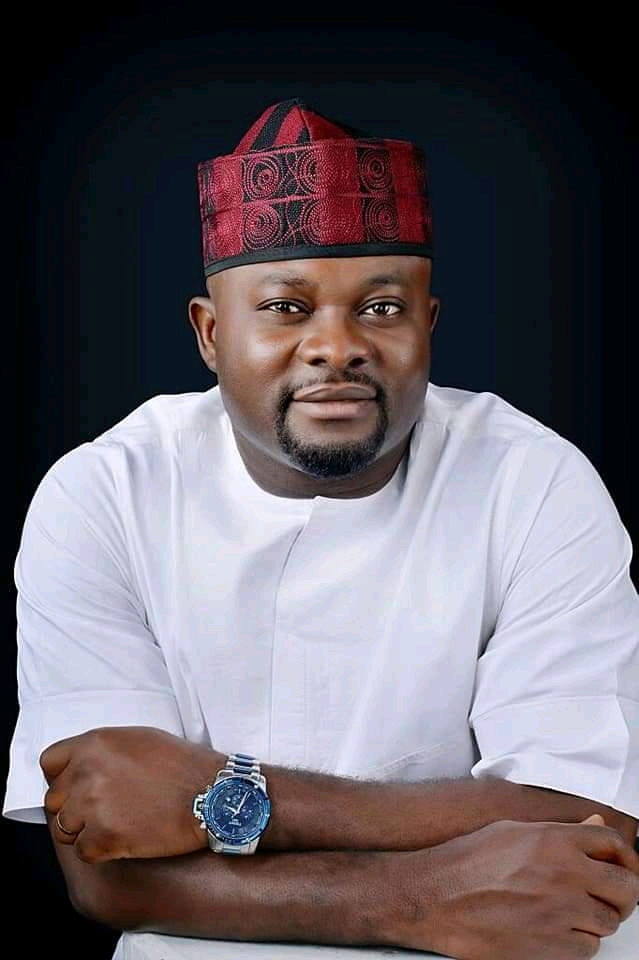A ‘Tomorrow’ that Was Used Up Yesterday?

There is a hackneyed, even if eternally true, aphorism that proclaims the youths as the “leaders of tomorrow”. This ordinarily ought to brook no contradiction, in the contemplation of reality as governed by the natural laws of succession, in which one generation plays out its role and yields the stage for another, as a way of advancing the course of the human experience. Well, maybe not as much in Nigeria. Here, there appears the notion of a divine right to leadership, which transcends the categories of time, and persists among a coterie, a ‘chosen’ breed, even in the face of changing norms and times.
Questions around leadership, the provenance of those able to aspire to, attain and exercise it, have captured some of the most vexing and disturbing concerns in Nigeria today, as it did in recent decades. Yet, could there really be a divine right to leadership, which has fossilised, and remains the same through time, despite the changing nature of society, its needs and demographic constitution? Or maybe there is a different force-field driving this notion of leadership, which has a class character or relates to some sort of elite consensus? How much of this could be said to have defined and restricted the participation, and then representation, of youths in governance in Nigeria, while also inspiring various acts of resistance to this status quo?
Perhaps a fair insight into what impels youth angst in relation to politics and political participation in present-day Nigeria can be summed up in an anecdote that was once popular in the country’s social media space. Without the following being the exact words, it went – in paraphrase – somewhat like this: “They say the youths are the leaders of tomorrow, yet when I was born, General Muhammadu Buhari was the president of Nigeria. Now, 35 years after, he is still the president; and so have many in his generation been – they were in leadership yesterday, are there today, and are also likely to remain there in the future; as such, how much of a tomorrow, as leaders, do the Nigerian youths really have?” Could this be a tomorrow that was used up yesterday?
While the steady progression of time is, no doubt, about to ease out a generation that has clung tightly to political power since the dawn of Independence from British colonial rule in 1960, and occasioned various manifestation of distortions, culminating in a civil war and break out cycles of authoritarian rule, there is now greater evidence that the playbook of political power and participation can no longer remain the same.
If anything, it is clear that the youths of Nigeria are intent on no longer being bystanders in the fare of governance and how their country is being run, particularly within the purview of the sustained failing of an older citizenry or power elite that has been described as a “Wasted Generation” (Soyinka: 1986). Contrary to the earlier aphorism, the youths no longer want to be leaders of tomorrow, but those of today.
as we agitate for power shift in Benue State,let there be a shift of power in Otukpo Local Government and INCLUSIVENESS of the youths of Otukpo Local Government in active politics is Paramount come 2022. As we shift power to Adoka, Honourable Johnpaul uttuh is a youth with capacity to lead so we demand that power be handed over to him for effectiveness





